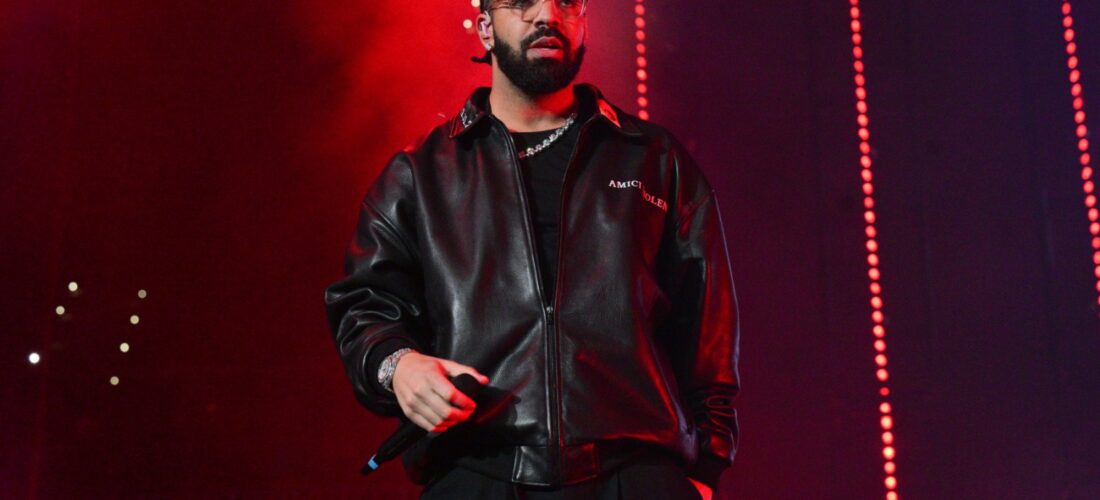Drake Removes ‘Taylor Made Freestyle’ After Lawsuit Threat Over AI Tupac
Ceasing and Desisting
A lawyer for the late rapper’s estate sent Drake a cease-and-desist letter over the song earlier this week
After the threat of legal action from Tupac’s estate, Drake removed his Kendrick Lamar diss “Taylor Made Freestyle,” which appeared to feature an AI-generated version of Tupac’s voice.
Drake shared the song last Friday, releasing it on the heels of “Push Ups,” his response to Lamar’s verse on Futrue and Metro Boomin’s “Like That.” While “Push Ups” got an official release, “Taylor Made Freestyle” was only ever posted as a video on Drake’s social media pages, not on streaming services, where it would’ve earned royalties.
“Taylor Made” opened with what appeared to be an AI Tupac trying to give Lamar advice on how to hit back at Drake: “Call him a bitch for me/Talk about him liking young girls as a gift for me.” The song also featured an ostensibly AI-generated verse from Snoop Dogg.
Unsurprisingly, “Taylor Made Freestyle” earned the ire of Tupac’s estate, which sent Drake a cease-and-desist letter earlier this week, demanding he take down the song or face legal action. The estate’s lawyer, Howard King, called the use of AI Tupac a “flagrant violation of Tupac’s publicity and the estate’s legal rights,” as well as a “blatant abuse of the legacy of one of the greatest hip-hop artists of all time.”
The letter suggested potential legal action on copyright grounds, with King writing, “It is hard to believe that [Tupac’s record label]’s intellectual property was not scraped to create the fake Tupac AI on the Record.” He then demanded Drake explain “how the sound-alike was created and the persons or company that created it, including all recordings and other data ‘scraped’ or used.”
King also flagged the song for possibly violating publicity rights laws, which protect a person’s likeness from unauthorized uses. In the past, these protections have pertained more towards improper use of a person’s image rather than AI-assisted deepfake technology, though there are ongoing legislative efforts to expand the scope of these protections.
Reps for Drake and the Tupac estate did not immediately return Rolling Stone’s requests for comment.
